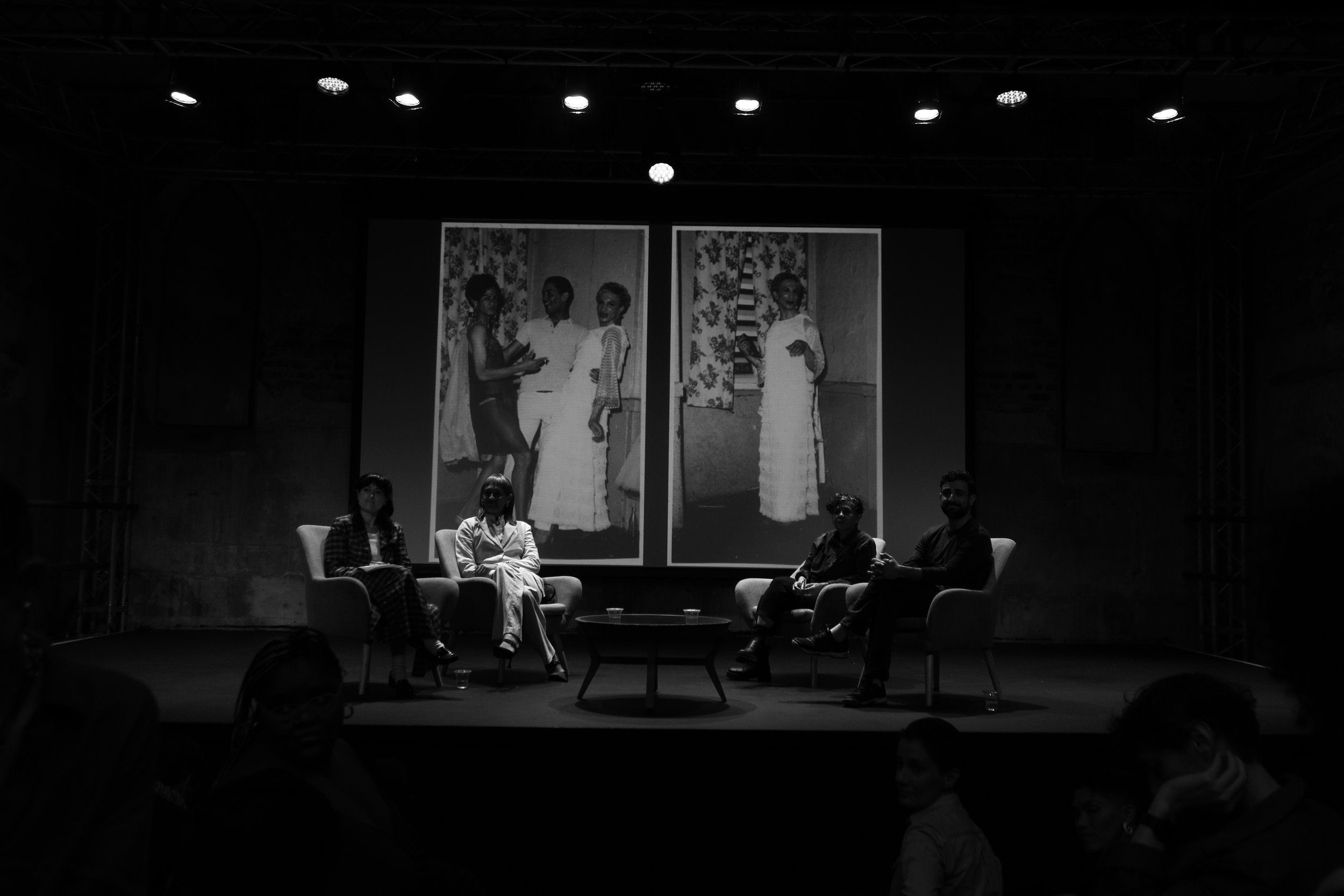
Methodology
how we do
OUR METHODOLOGY
We believe that claiming and telling our stories is a revolutionary act. It may be met with hostility, but it is the only path to understanding, transcendence, and community.
Our methodology is rooted in fostering cycles of learning, healing, and empowerment. Here is how we do it:
EMPATHY & EMOTIONAL ENGAGEMENT
Facts alone rarely change minds; feelings do. We employ strategic storytelling techniques and cultural immersion strategies designed to evoke genuine emotional and somatic engagement.
By presenting rights-based issues through the lens of personal, human narrative, we transform audiences from passive observers into active participants. We bridge the emotional distance between "us" and "them," fostering the inclusive social values necessary for a safe and thriving society.
SOMATIC & CULTURAL IMMERSION
We recognise that trauma and resilience live in the body. But so does joy and peace. Our cultural programmes move beyond traditional teaching.
We utilise the somatic mechanisms of Ballroom culture to help queer and trans youth reclaim their sensuality and confidence. This is a methodology of safety – creating a harbor where youth can explore their identities without fear, building the resilience necessary for thriving the world.
FACILITATED DIALOGUE
Media is the spark, and conversation is the fire. We believe in the power of facilitated peer discussions to deepen the impact of our work.
Whether following a film screening or during a workshop, we create safe spaces for debate and problem-solving. These discussions allow individuals to cognitively personalise the issues, taking what they have seen and experienced and applying it to their own contexts and lives.
SELF-EFFICACY & RESILLIENCE
Ultimately, our goal is to build self-efficacy — a person's belief in their own ability to effect change.
Through our media and cultural programmes, we remove economic and social barriers and provide high-level vocational training, empowering queer and trans people to become the authors of their own stories and active agents in their communities.
ACTION RESEARCH & LEARNING
We are committed to understanding the true power of our work. We use an Action Research and Learning approach, which means that research isn't something we do after a project — it is woven into the very fabric of our organisation.
We collect both numbers (quantitative data) and stories (qualitative data) to measure how our media and cultural programs influence attitudes, beliefs, and behaviours. This constant feedback loop allows us to listen to our community and adapt our strategies in real-time, ensuring our advocacy is always effective and relevant.


